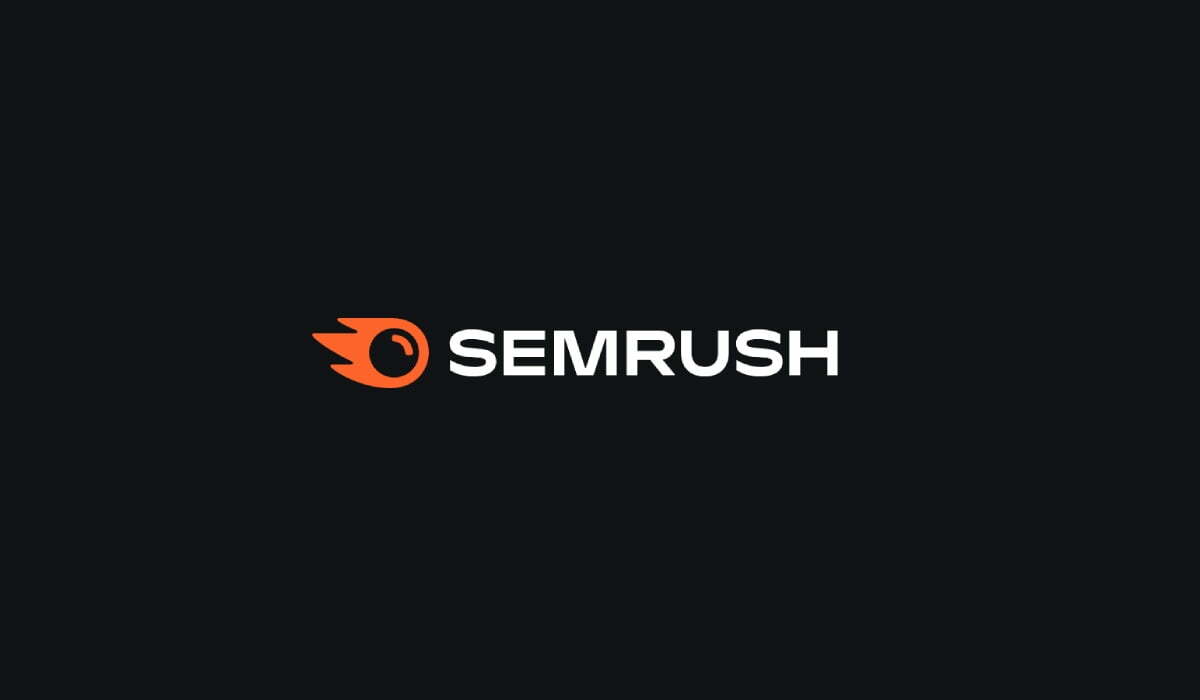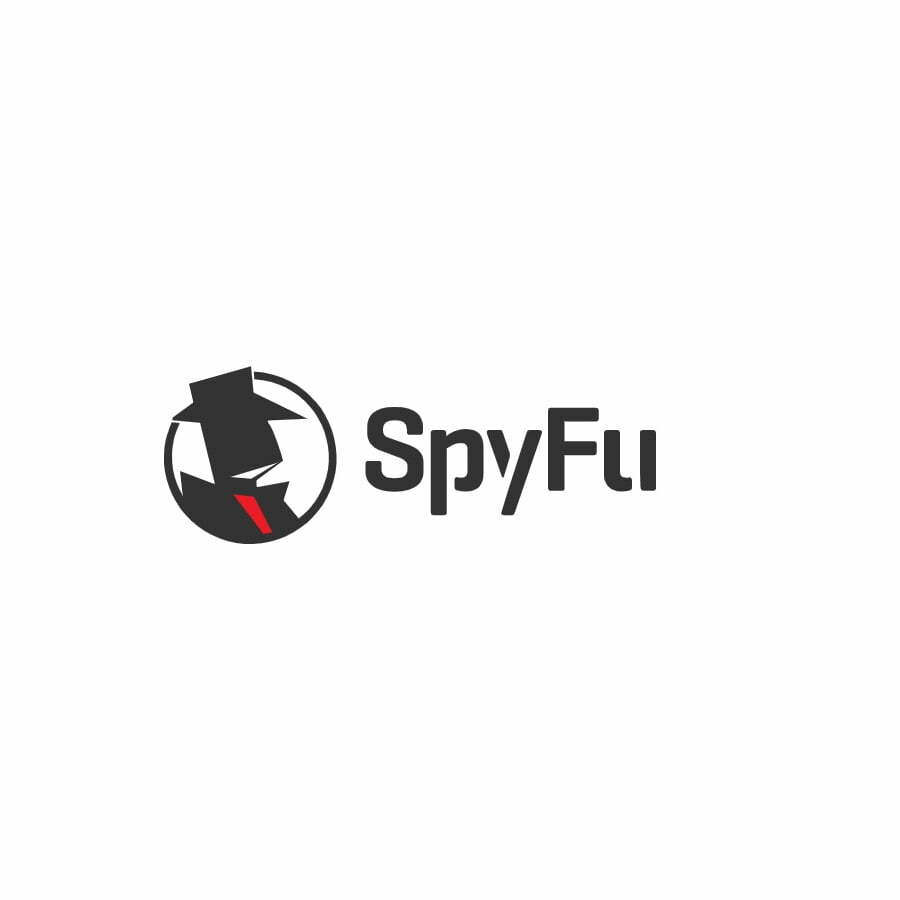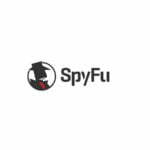





For online-based businesses, SEO tools are the most crucial aspect in determining whether your company will be seen. If your traffic analytics look sad and you aren’t getting the traction you were hoping for, you should consider including more solid keywords to get Google’s eyes on your enterprise.
Google is the cream of the crop when it comes to search engines. Every business, including yours, is trying to get its website to the top of Google’s search results. Google receives a boatload of searches a day, and even if your business is listed in the search results, that doesn’t mean that there may be similar websites ranking better than yours.
More and more companies have relied on an SEO strategy to get desired results, and the better the SEO toolkit, the better the results.
So, what SEO tool is best? You’ve most likely heard of Semrush and SpyFu. These two competitor research tools are quite possibly the most popular and advanced choices on the market.
Semrush is an all-in-one marketing toolkit featuring impressive competitive intelligence capabilities, while SpyFu mainly focuses on competitor analysis. While these options are distinctly different, they can offer varying results that would benefit you and the needs of your business.
Now, instead of going on and on about why these two are so great, I’m going to go over which option is the clear winner by our standards at SerpFocus.

Semrush provides a bouquet of excellent core features, including:

While SpyFu is a reliable competitor analysis tool, the clear winner is Semrush.
SpyFu’s lack of social media tracking and brand monitoring features bog down its research platform when analyzing social media presence.
Monitoring and tracking are vital when performing competitor research. Not being able to determine the success of your competitor’s social media or brand mentions defeats the purpose of running a full competitive analysis.
However, Semrush takes the cake as its competitor research reports are much more accurate and provide valuable data you can use for your campaign. SpyFu can’t match the potential that Semrush has for producing competitive data.
Winner: Semrush
As Google algorithm updates continue to alter the realm of search engine results, keyword research remains a reliable source. Keyword research is mandatory to ensure that your business uses an updated approach to maintaining a higher Google ranking.
Whether you’re running an SEO or PPC campaign, keyword research will help you gain a better perspective of your target audience. Semrush and SpyFu provide keyword data that you can use to your advantage and create successful content for your customers and Google’s search engine.
When it comes to comparing Semrush and SpyFu, it’s clear that SpyFu’s strength derives from its competitor-based research keywords. It’s simple to use and easy to navigate. All you need to do is type your competitor’s name into the search bar, and you’ll receive an overview report of findings. The overview report lets you view all the organic keywords and investigate relevant competitive keyword data for your campaign.
A bonus is that you can receive a summary of all major keyword metrics, a list of similar keywords, and question-based keywords.
While SpyFu offers some advantages in competitor-based research keywords, Semrush provides excellent keyword research capabilities. Type your keywords into the search box. Much like SpyFu, Semrush’s overview report shows you a summary of major keyword metrics, which include monthly search volume, keyword difficulty, CPC, and competition. You also get to view related and relevant keyword variations.
Semrush’s shining quality is what makes it stand out: The Keyword Magic Tool. The tool is handy for in-depth keyword analysis and keywords that fit your specific niche.
Start by entering your seed keywords in the search bar and generate a long list of keyword suggestions. You can sort the keywords by groups, volume, or by amount. You can even exclude certain groups of keywords by clicking on the eye icon. Furthermore, you’ll see a “Questions” filter that produces a list of question-based keywords that contain your seed keywords.
Once you’ve gathered all the keywords you want to use in your SEO or PPC campaigns, you can save them by adding them to the Keyword Manager. This tool also gathers real-time metrics for your target keywords to ensure you have the latest insights.
Semrush also has a Topic Research tool in its Content Marketing toolkit. The Topic Research tool can generate relevant topics, subtopics, questions, and headlines for your content. You just need to type in your target keywords, select your location, and hit the “Get Content Ideas” button. It’s that simple. You can peruse the list of subtopics for your target keywords and look at the top ten questions surrounding said keywords.
So, which tool is better for keyword research?
The answer has to be Semrush. The Keyword Magic Tool alone drives this option miles ahead of SpyFu. The tool helps identify the most relevant keywords for your niche and produces in-depth analytics for a growing list of keyword ideas, which includes semantically related long-tail keywords.
The Topic Research tool is a bonus, as it helps you find topics and subtopics that catch the attention of your target audience. You can use the relevant topics in your blog posts, page content, or PPC ads and increase their visibility in search engine results.
Yes, SpyFu is a solid option for finding surface-level data for keywords, which can definitely help, although if you’re a seasoned SEO veteran, you might find SpyFu’s keyword reports unsatisfying. The biggest drawback of SpyFu’s keyword data is that it’s restricted to the US and the UK, which isn’t helpful if you’re trying to target audiences outside those countries.
If the restrictiveness of SpyFu’s keyword data is enough to deter you, then Semrush is the best option.
Winner: Semrush
Semrush’s link toxicity report has continued to be a reputable resource. Additionally, Semrush always receives updates to improve its use. Recently, there have been four new features added:
There’s a drastic difference when comparing the prices between Semrush and SpyFu. If you’re considering Semrush as your competitor research tool, you’re looking at spending $119.95 a month, whereas SpyFu is $39 a month. The difference in cost is alarmingly high, but what Semrush charges in price, it makes up for in potential.
If you’re tight on cash, SpyFu is the clear choice for you. You can still get a lot out of SpyFu’s capabilities while on a budget. However, it’s well worth the price if you want to get the most out of Semrush’s SEO capabilities. SpyFu also comes with a free plan, which is the best in the industry, but SpyFu itself has its limitations.
So, now that you know a bit more about Semrush and SpyFu, it’s time to make your decision. As I mentioned earlier, SpyFu’s focus is tailored to competitor analysis, while Semrush is an all-purpose SEO tool. Based on the comparisons, Semrush is an unrivaled tool with far more possibilities.
Running a competitive analysis would be incomplete if you can’t track your competitor’s online performance, and that’s something that SpyFu severely lacks. The major downside with SpyFu is that you only have access to two geo databases in the US and UK, whereas Semrush has 142 geo databases available.
It all comes down to your specific needs, but Semrush is the go-to choice, especially if you’re competing with local businesses and want to rank higher in the local SERPs. That’s not to say that SpyFu is completely useless. If you desire access to a decent competitive analysis tool for your business, SpyFu can get the job done. However, if you want more out of your SEO tool, then Semrush is your best bet.
Winner: Semrush
Thank you for sticking by me throughout this comparison. I hope you found this information helpful. For more reviews of software or to learn more about SEO software, get in touch with us at SerpFocus today!

Leave a Reply
You must be logged in to post a comment.